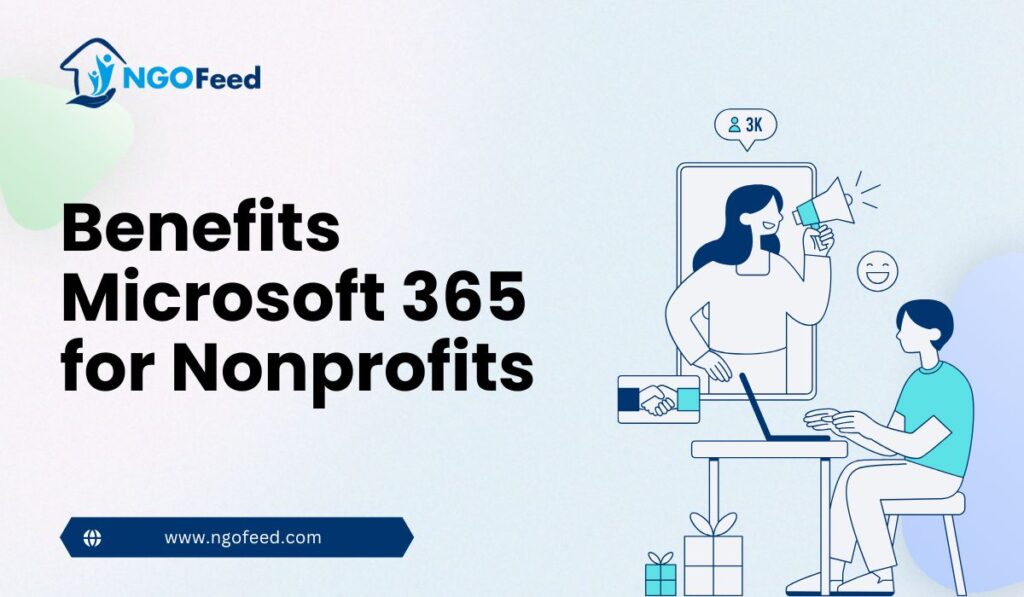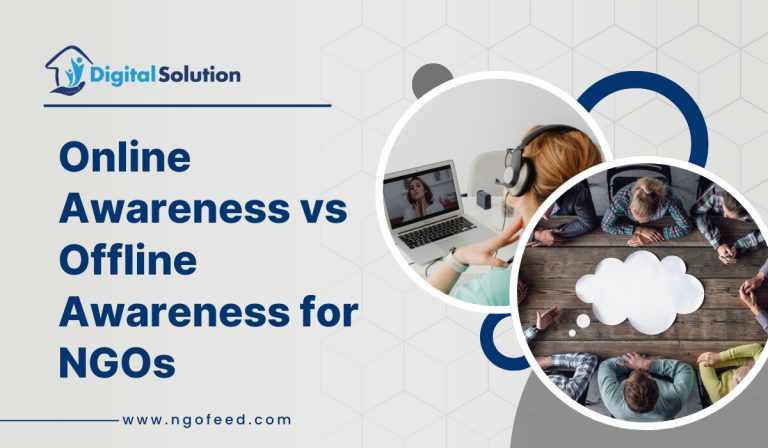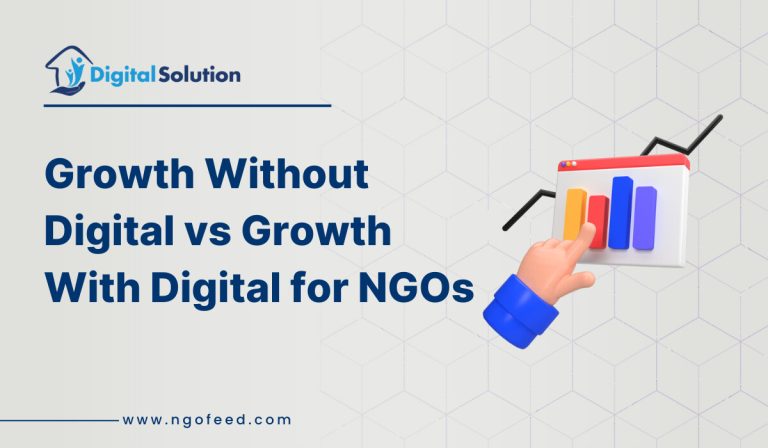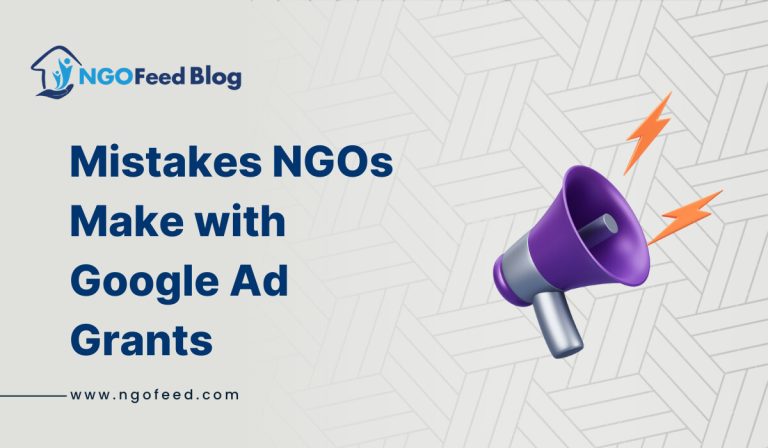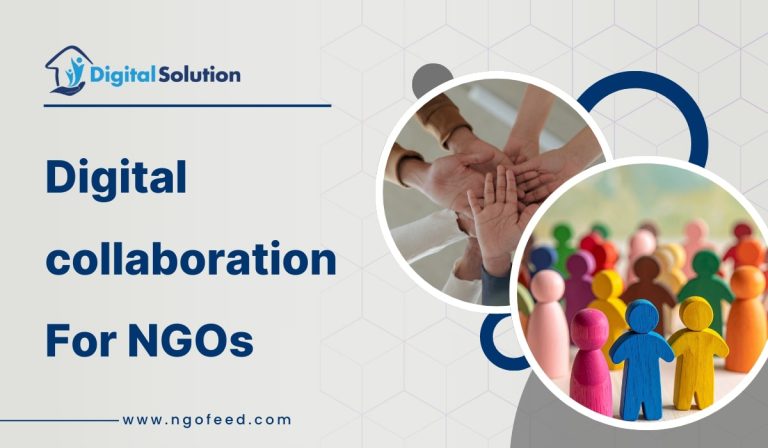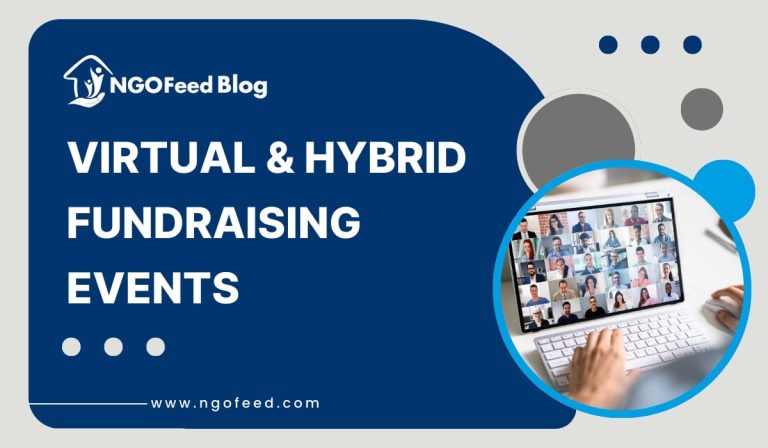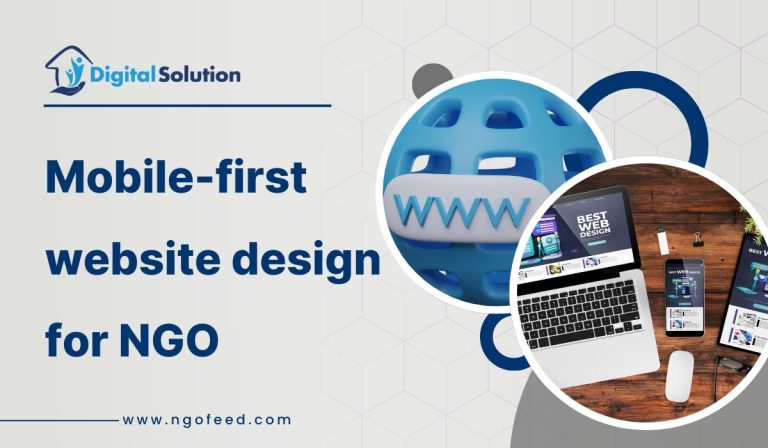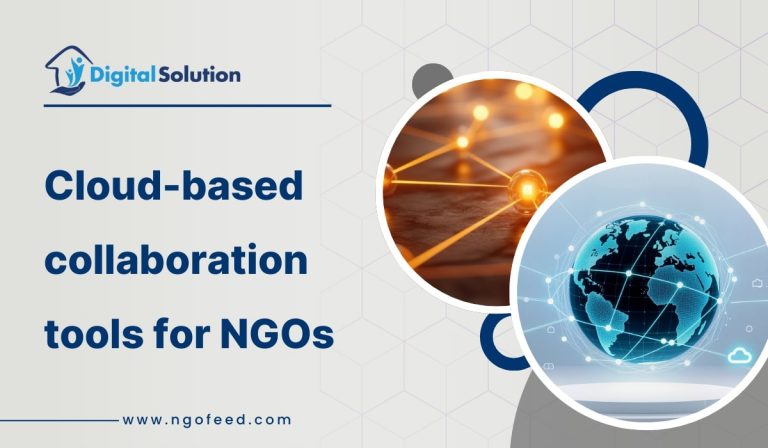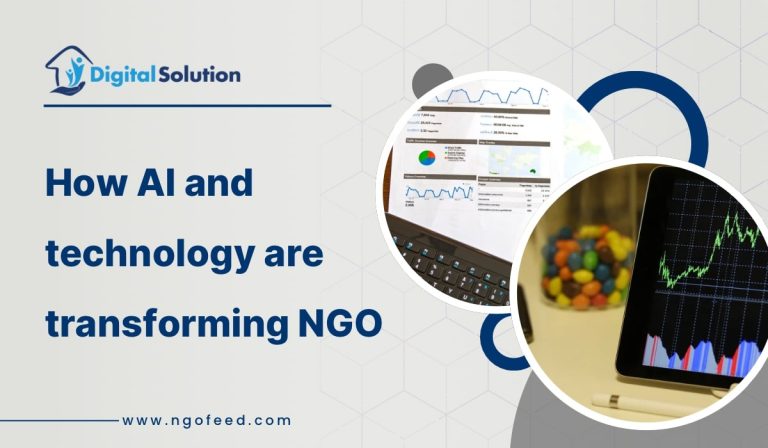Benefits Microsoft 365 for Nonprofits: It is a special program designed by Microsoft to provide its suite of digital tools at a discounted price for eligible charities and nonprofit organisations. This program includes cloud-based services such as email, file storage, and collaboration software, providing charities with the latest technology at an affordable cost.
Additionally, Microsoft 365 for Charities offers specialised resources and tools designed to meet the unique needs of nonprofit organisations, such as a subscription-based suite of cloud services and apps to help operational and delivery levels.
Table of Contents
Benefits Microsoft 365 for Nonprofits
Get the tools your nonprofit needs to succeed
Empower staff and volunteers to succeed with the dynamic set of tools included in our nonprofit plans. Provide team members with free email and online document editing and storage. And with video conferencing, instant messaging, and your own Yammer site, you can bring teams together from around the world.
Accomplish more in the cloud
Deliver a best-in-class cloud productivity experience to help staff and volunteers work together in exciting new ways. Access your board reports and grant applications anywhere, anytime, with online storage and remote file sharing. Get the flexibility to work in online versions of the familiar apps or purchase a plan that includes the latest versions to install across PCs, Macs, and mobile devices.
Security, compliance, and privacy
Protecting sensitive data is imperative for the protection of your staff and programs—and for the success of your organization. Compromised data, and cyberattacks can put beneficiaries at risk, disrupt operations, and expose your organization to liability. Microsoft contractually commits to a robust Data Processing Agreement, the EU model clauses, and a HIPAA Business Associate Agreement to all customers. No need to worry about security on mobile devices either.
Also Read: Facebook Grants for Nonprofits
Share and Collaborate
Benefit from improved collaboration capabilities via cloud computing. Microsoft cloud solutions let you share, compose, and edit things like documents, PowerPoint presentations, and spreadsheets from anywhere, on any device. Use mobile applications (such as Word, Excel, and PowerPoint) installed across all your organization’s devices that are protected through the Enterprise Mobility + Security feature. Input, access, manage, and delete data stored on personal devices and across a single system at your nonprofit.
Choosing the Right Microsoft Nonprofit Plan
But how do you figure out which license is best for your needs? Here are a few questions you’ll want to ask yourself.
- Who is using the license? Microsoft’s donated cloud licenses are only for paid staff, but discounted volunteer licenses are available.
- How many people in your organization need licenses? Microsoft tailors licensing based on size. Small and medium organizations have fewer than 300 users and are best served by Business licenses. Large organizations have more than 300 users and require Enterprise licenses.
- What are the key applications that your team needs to use? Almost all licenses come with the essential applications in the following areas:
- Productivity: Word, Excel, PowerPoint, and OutlookCommunication and collaboration: Teams
- Data management: OneDrive and SharePoint
Microsoft Cloud Subscriptions
A subscription is an agreement with Microsoft to use one or more Microsoft cloud platforms or services, for which charges accrue based on either a per-user license fee or on cloud-based resource consumption.
- Microsoft’s Software as a Service (SaaS)-based cloud offerings (Microsoft 365 and Dynamics 365) charge per-user license fees.
- Microsoft’s Platform as a Service (PaaS) and Infrastructure as a Service (IaaS) cloud offerings (Azure) charge based on cloud resource consumption.
Requirements for Nonprofits Microsoft 365
Nonprofit and nongovernmental organizations must:
- Hold recognized legal charitable status as defined in their countries
- Operate on a not-for-profit basis
- Have a mission to benefit the broader community
- Attest to Microsoft’s anti-discrimination policy
- Only assign licenses to eligible staff
- Only use the licenses for their organization and not license partner, affiliate, or sister organizations
Also Read: Leveraging SEO for Nonprofits
What are the leading commitments of Microsoft to nonprofit organizations?
Partnerships
According to Microsoft, cutting-edge technology could be an immensely powerful force for social causes. However, let alone technology cannot fix the global challenges, which is why it works with nonprofit organizations and the commercial sector to promote group action.
Solutions
Microsoft is fully devoted to providing NGOs worldwide with technology solutions that are usable and budget-friendly. Several donations and coupons are available for cloud services like Microsoft Office 365, Power BI, Azure, and others.
Support
Microsoft provides services that assist nonprofits in maximizing technology through collaboration with nonprofits and their worldwide network of international partners. They provide free online webinars to assist NGOs in building a system for staying updated on employing cutting-edge technology to enhance their social impact.
How does Microsoft Use data to improve service to NGOs?
- Troubleshooting: Troubleshooting for preventing, detecting, and repairing problems affecting operations of services.
- Feature improvement: Ongoing improvement of features including increasing reliability and protection of services and data.
- Personalized customer experience: Data is used to provide personalized improvements and better customer experiences.
Also Read: Benefits of Podcasting for Nonprofits
Examining collaboration change
The collaboration landscape is changing daily. The average worker is collaborating with more people, more often, and in more dynamic ways. They are hybrid or remote and working on a schedule that promotes their wellbeing and allows them to be their most productive. The typical worker has seen several important collaboration changes that affect them and their business, including:
- Workers are taking part in twice as many collaborative teams as they did five years ago.
- The average information worker has seen the time spent on their day-to-day tasks increase by 50 percent.
- Companies that invest in collaboration and teamwork are five times more likely to be high-performing.
The Five Tools
The five Microsoft 365 tools – Planner, SharePoint, Teams, Power Automate, and Forms – offer a powerful ecosystem to revolutionize your non-profit’s workflow. By leveraging these tools, you can enhance collaboration, streamline processes, and ultimately increase your organisation’s impact.
Remember, the key to success with these tools lies in thoughtful implementation and user adoption. Consider starting with one or two tools that address your most pressing needs, and gradually expand your use as your team becomes more comfortable with the new systems.
Also Read: How to Build a Strong Email Marketing Strategy for Your Nonprofit?
Closing Up
Microsoft 365 offers a powerful suite of tools that can help nonprofits operate more efficiently, securely, and cost-effectively. From enhancing collaboration and streamlining communication to improving data management and supporting remote work, Microsoft 365 empowers nonprofit organizations to maximize their impact.

